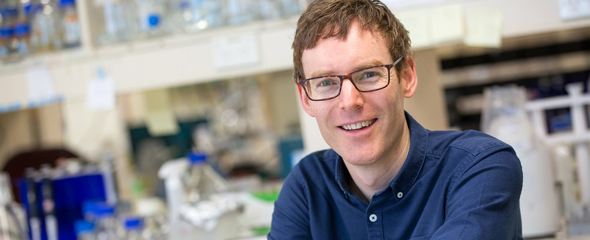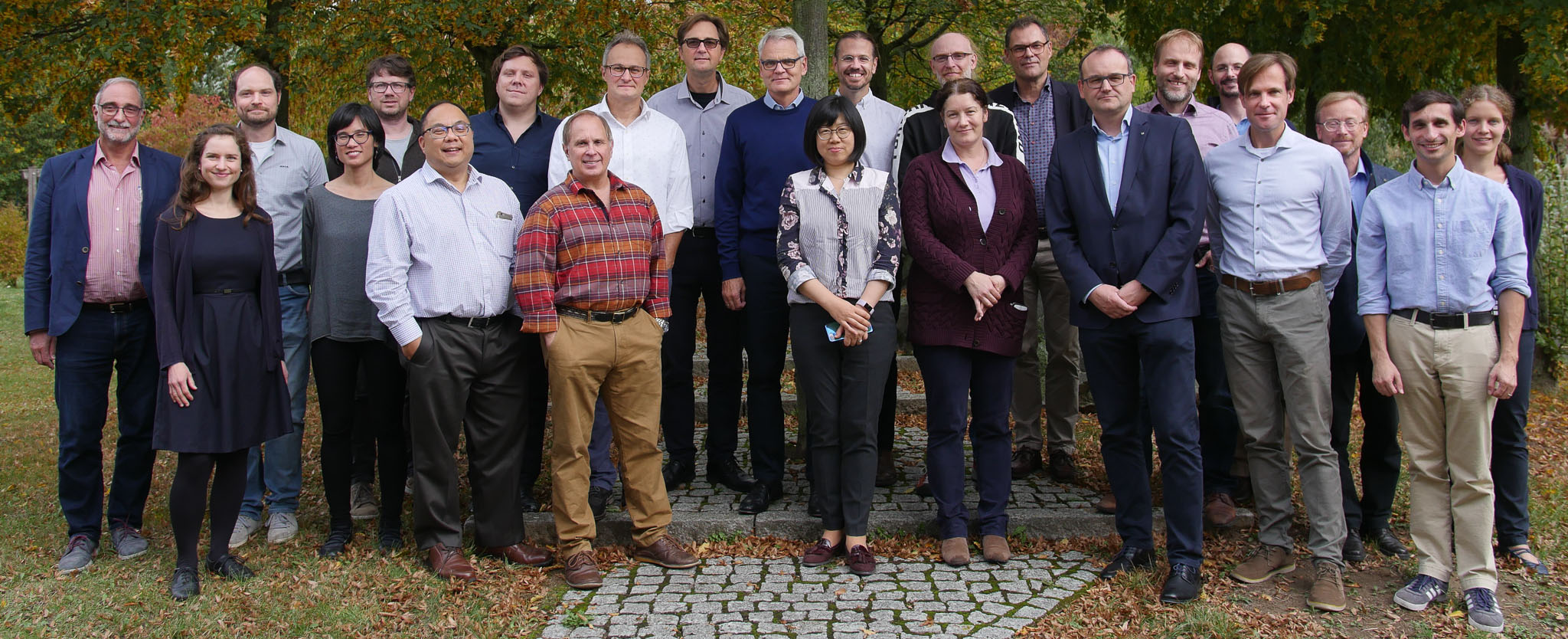Newsroom


Interview
01.11.2019



HZI in the media
25.02.2026
|
IFL Science
24.02.2026
|
Science News
20.02.2026
|
Deutsches Ärzteblatt
18.02.2026
|
Bionity.COM
16.02.2026
|
Phys.org
13.02.2026
|
Apotheken Umschau
12.02.2026
|
Medical Xpress
12.02.2026
|
n-tv
12.02.2026
|
Main-Post - Karlstadt
11.02.2026
|
NewsBreak
10.02.2026
|
Biotech Investments
10.02.2026
|
Health Capital
![[Translate to English:] [Translate to English:]](/fileadmin/_processed_/3/e/csm_Munschauer_Mathias_c_HIRI_Nik_Schoelzel-2_52bc4bb68f.jpg)
